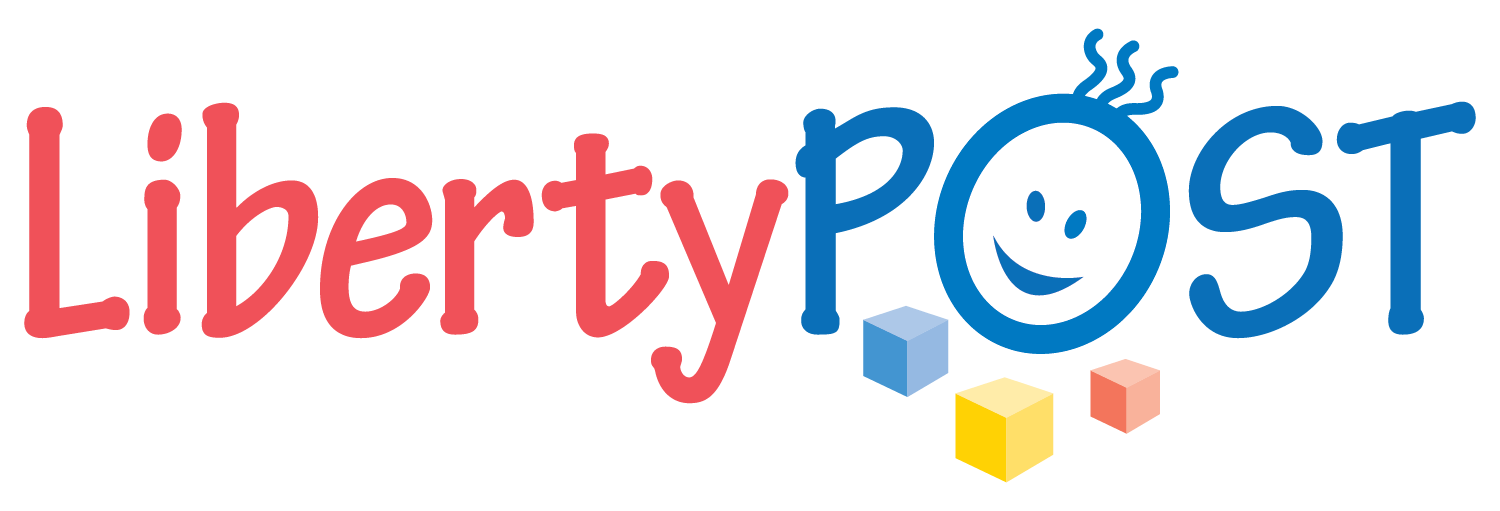
The first years of a child’s development are so important, and having a young child with special needs can be overwhelming.
Liberty POST has aided children and families through this journey for more than 20 years, making us leaders in the administrative, diagnostic and treatment aspects of these services.
We understand that you know your child best, so we integrate the entire family in the process to make sure we achieve your goals.
The EIP Program
The Early Intervention Program (EIP) is a public program funded by individual state and county governments that have services available for children less than three years of age who have or are suspected of having a developmental delay or disability.
If you have concerns about your child’s development, call the EIP in your county. Once referred your child will be evaluated by a state approved evaluator in your county. If your child is found eligible the county will authorize services identified in collaboration with you and will arrange for them to be provided based on the needs of your child and family by approved providers in your county.
EI services authorized by your county are provided at no cost but your health insurance may be accessed for reimbursement. Services are delivered at home, child care settings or community locations. The EIP covers the cost of authorized EI services only and does not cover any daycare or other fees charged by community settings. Liberty POST is approved as a provider of EI services and is under contract with the counties listed above.
There are some things you can do to prepare yourself and your child for the evaluation. An evaluation is more successful if the television and radio are off, the room is well lit and your child has been awake and fed prior to the evaluators’ arrival. If other siblings are to be present, please let them know ahead of time that they are to let their sibling answer the questions first. If the evaluation is to take place at a day care or other community site, we will do our best to make sure the environment is appropriate for the evaluation.
The evaluation may take place in your home, in a preschool or in a day care, depending on your preference. The evaluators will use various testing materials, generally sitting on the floor in order to engage your child in play-style activities and books. After the tests are complete, the evaluators will summarize the results and discuss them with you during this initial visit.
If you will be present for the evaluation, we encourage you to stay in the room during testing. We find your child is more at ease with you there. It is helpful if you are available to answer questions regarding your child’s development and to ensure we address any specific concerns you might have. If the evaluation takes place at a day care or community site and you are unable to attend, we will be sure to get information from a caregiver who is familiar with your child.
Diagnostic Evaluations
Typically, an Early Intervention Diagnostic Evaluation consists of a generalist and a specialist. The generalist (in most cases, a special education teacher) assesses broad developmental areas, while the specialist (representing either speech-language development or physical development) looks at a specific area of concern. In every Core Evaluation, we assess five areas of development:
- Cognition - This area evaluates your child’s thinking and problem solving. It is not an I.Q. test, and the results from any of these tests may change rapidly as your child develops.
- Communication - This area includes speech (articulation and fluency), language (the use and understanding of language) and hearing. The specialist may also look at feeding and swallowing skills when appropriate.
- Adaptive Behavior - This is how your child functions in their daily environment and includes such characteristics as self-help skills.
- Social-Emotional - This area evaluates your child’s performance in social situations and how she interacts with different people and situations.
- Physical Development - This area includes fine motor, gross motor, vision and sensory development. These tests may be conducted by the generalist or specialist depending on the area of primary concern.
If your child is determined eligible for services, you will then take part in creating the Individualized Family Service Plan (IFSP) with the evaluators and service coordinator. Depending on the need for services, this process may take place immediately following the evaluation; or if this is not desirable or possible, an alternate time will be scheduled that is mutually convenient for you and your service coordinator.
This six-month IFSP is designed to help identify the needs and concerns for your child’s development and how they may be impacting your family’s daily life. Once the plan is created, you will receive a copy for your records. Evaluators do not make a decision on the type, frequency or duration of services. These are decisions that are made in collaboration with you and your service coordinator during this process.
Following the diagnostic evaluation, you will receive a report describing your child’s performance and outlining your concerns. If you would like us to send a copy of the report to another professional (such as a pediatrician or specialist), just let us know.
At Liberty POST, we help you design flexible therapy plans that allow you and your child to enjoy working on your goals and to integrate the plan easily into your daily routines.
We work in individual or group settings, in your home environment or at centers (such as day care or school)—whatever works best for you. Our clinicians represent a wide range of locales, in a variety of fields. This impressive network assures your family access to the most qualified, reliable and dedicated professionals.
Before the Evaluation
There are some things you can do to prepare yourself and your child for the evaluation.
An evaluation is more successful if the television and radio are off, the room is well lit and your child has been awake and fed prior to the evaluators’ arrival. If other siblings are to be present, please let them know ahead of time that they are to let their sibling answer the questions first. If the evaluation is to take place at a day care or other community site, we will do our best to make sure the environment is appropriate for the evaluation.
What to Expect
The evaluation may take place in your home, in a preschool or in a day care, depending on your preference. The evaluators will use various testing materials, generally sitting on the floor in order to engage your child in play-style activities and books. After the tests are complete, the evaluators will summarize the results and discuss them with you during this initial visit.
If you will be present for the evaluation, we encourage you to stay in the room during testing. We find your child is more at ease with you there. It is helpful if you are available to answer questions regarding your child’s development and to ensure we address any specific concerns you might have. If the evaluation takes place at a daycare or community site and you are unable to attend, we will be sure to get information from a caregiver who is familiar with your child.
We integrate the family into evaluations and therapies so you child always feels supported and challenged.
Assistive Technology (AT)
Liberty POST provides AT evaluations for children currently receiving Early Intervention services. Our highly qualified and experienced assistive technology (AT) specialists provide innovative adaptive solutions for children and their families to enable independence and support participation in activities of daily living. Assistive technology (AT) solutions help increase a child’s access to play and early learning, reduce frustration, increase self-esteem and provide positive family supports.
The AT assessment includes a review of the child’s abilities and challenges encompassing their home, school and community settings. The AT specialist works in collaboration with the child’s EI IFSP team to determine appropriate adaptations, modifications, implement solutions, monitor progress and follow-up.
Assistive technology solutions may benefit special needs children with the following conditions:
- Cerebral Palsy
- Spina Bifida
- Spinal Cord Injuries
- Traumatic Brain Injury
- Muscular Dystrophy
- Chromosomal Abnormalities
- Autism
- Deaf or Hearing Impaired
- Blind or Visually Impaired
- Global Developmental Delays
- Seizure Disorders
Liberty POST’s AT specialists strive to support each child toward reaching their maximum potential through assistive technology solutions.
Learn more about the Early Intervention Program
To learn more about the Early Intervention Program and our flexible, individualized therapy plans, please get in touch.

